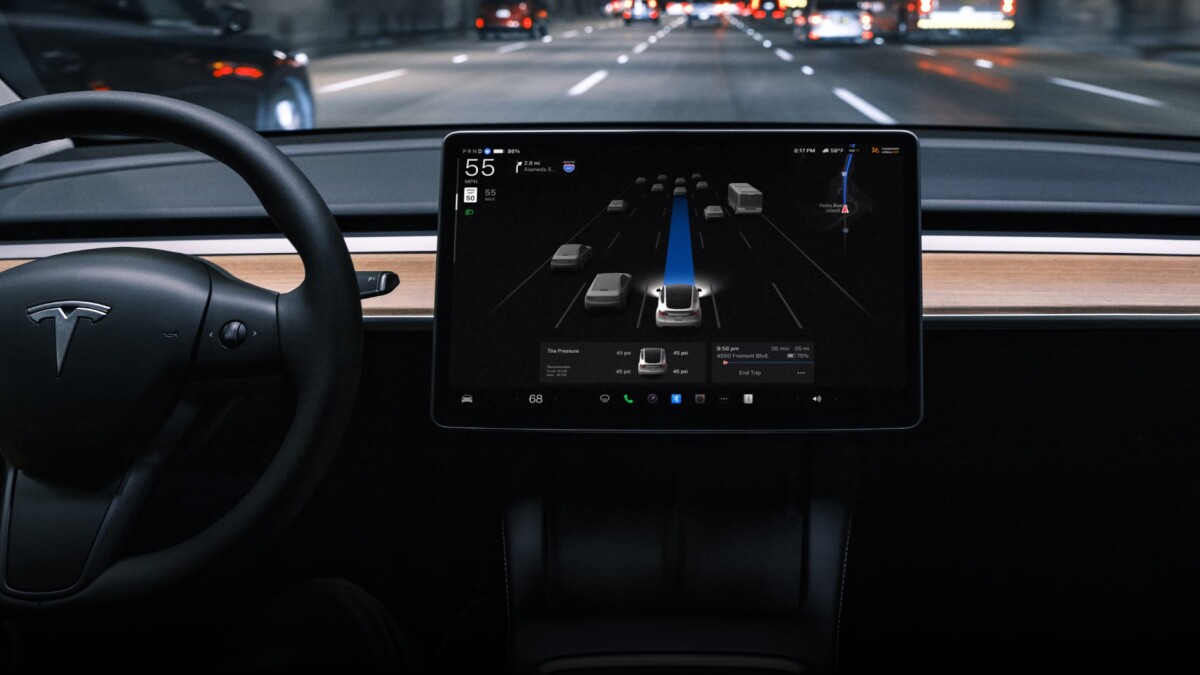
Tesla scores California ride-hail permit for its robotaxi service
- 20.03.2025 07:08
- newatlas.com
- Keywords: AI, Startup
Tesla has been approved by California's Public Utilities Commission to test its robotaxi service, but can only transport employees initially. The company must meet additional safety requirements and obtain further permits before offering rides to the public. Tesla faces competition from Waymo, which already operates in Los Angeles and San Francisco.